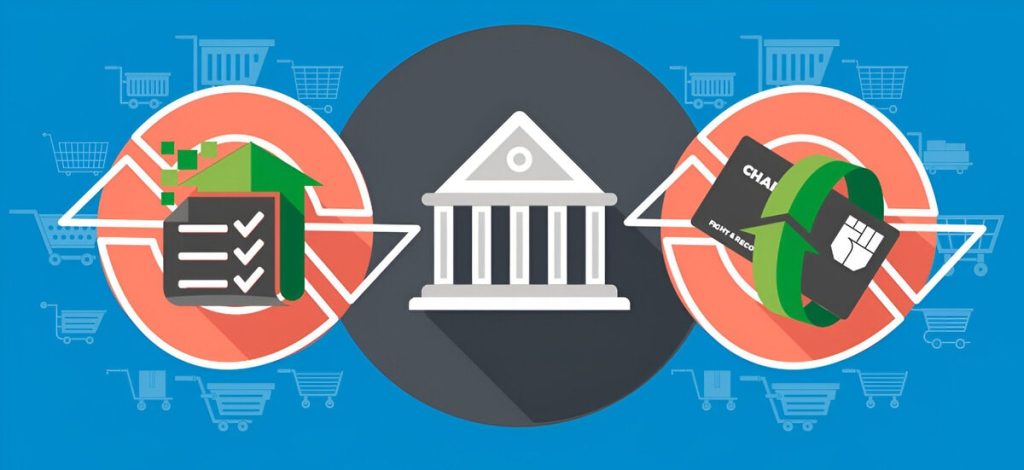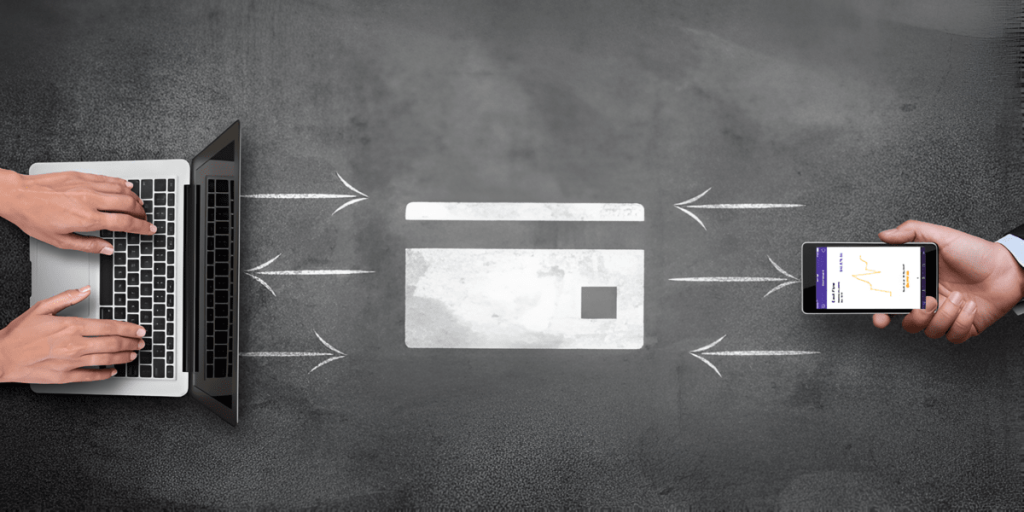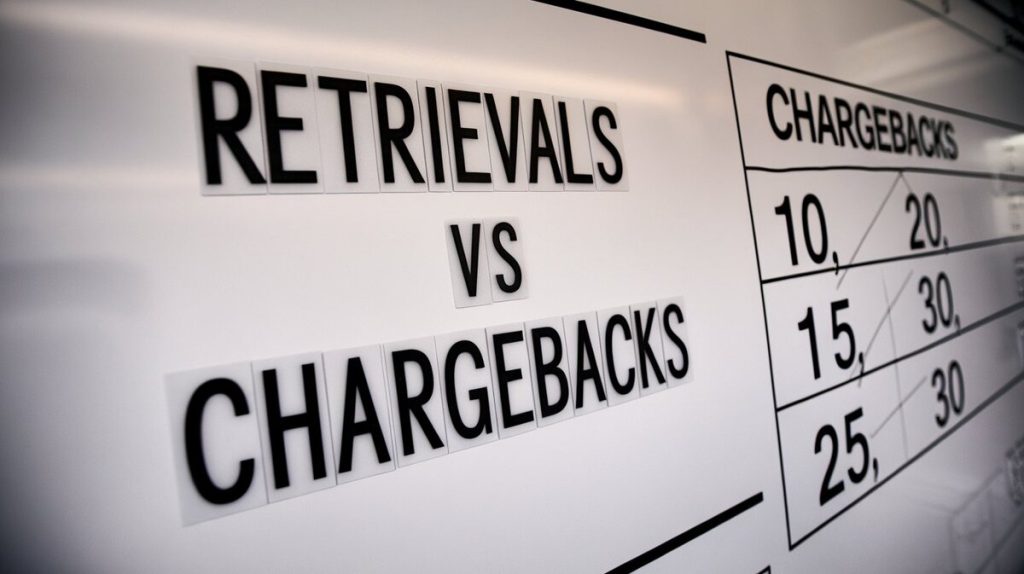Merchants in today’s digital economy face significant challenges, particularly in managing payment disputes. Retrieval requests and chargebacks are two critical processes that can impact revenue and reputation. This guide provides a clear, practical understanding of these processes and offers strategies to manage them effectively.
1. Introduction to Retrieval Requests and Chargebacks
Both retrieval requests and chargebacks allow cardholders to dispute transactions. It’s essential for merchants to understand these processes to protect their business from potential losses.
- Retrieval Request: Also known as a soft chargeback, a retrieval request is initiated by the issuing bank when a cardholder questions a transaction. The bank seeks more information from the merchant. While not as severe as a chargeback, failure to respond can lead to a chargeback.
- Chargeback: A chargeback occurs when a cardholder formally disputes a transaction, leading the issuing bank to reverse the payment. Chargebacks can be costly due to the transaction reversal, fees, and potential penalties.
2. What is a Retrieval Request?
A retrieval request is the first indication that a transaction may be disputed. These requests arise for various reasons:
- Unrecognized Transactions: The cardholder does not recognize the transaction on their statement.
- Suspected Fraud: The transaction is flagged as potentially fraudulent by the cardholder.
- Request for Documentation: The issuing bank requests more information to verify the transaction.
Table 1: Common Reasons for Retrieval Requests
| Reason | Percentage of Occurrences (%) | Description |
|---|---|---|
| Unrecognized Transactions | 45% | Cardholders do not remember the purchase. |
| Suspected Fraud | 30% | The transaction is flagged as potentially fraudulent. |
| Request for Documentation | 25% | The issuing bank requests more information or documentation from the merchant. |
Key Points:
- Response Time: Merchants typically have between 10-20 days to respond, depending on the issuing bank (Visa, Mastercard, etc.).
- Documentation: Essential documents include sales receipts, invoices, shipping records, and any communication with the customer.

3. What is a Chargeback?
Chargebacks are the final stage in the dispute process, where funds are returned to the cardholder. This can happen for several reasons:
- Non-delivery of Goods/Services: The product or service was not delivered as promised.
- Product/Service Mismatch: The received product or service was not as described or was defective.
- Unauthorized Transactions: The transaction was made without the cardholder’s consent, often due to fraud.
Table 2: Chargeback Reasons and Their Impact
| Chargeback Reason | Financial Impact per Incident (USD) | Additional Costs |
|---|---|---|
| Non-delivery of Goods | $50 – $100 | Loss of product, shipping costs, and potential penalties. |
| Product/Service Mismatch | $30 – $75 | Replacement costs, additional shipping, and administrative fees. |
| Unauthorized Transactions | $100 – $500 | Loss due to fraud, high penalties, and increased risk of account closure. |
Key Points:
- Chargeback Fees: Typically range between $15-$25 per chargeback, but can go higher depending on the merchant’s agreement with their payment processor.
- Time Frame: Cardholders generally have up to 120 days to file a chargeback, but this can vary depending on the type of transaction and card network rules (e.g., Visa, Mastercard).
4. The Retrieval Request Process
Handling a retrieval request effectively can prevent it from escalating into a chargeback. The process involves:
- Receipt of Request: The issuing bank sends a retrieval request to the merchant’s acquiring bank.
- Document Submission: The merchant must provide requested documents, such as sales receipts, within the specified time frame.
- Review and Response: The issuing bank reviews the documents and decides on further action.
Table 3: Example of a Standard Retrieval Request Process
| Step | Description | Time Frame (Days) |
|---|---|---|
| Receipt of Request | Merchant receives a retrieval request notification. | 1-2 |
| Document Collection | Merchant gathers and submits required documentation to the acquiring bank. | 5-10 |
| Issuer Review | Issuing bank reviews the provided documents and decides on further action. | 10-15 |
Best Practices:
- Organize Documentation: Keep all transaction records organized and accessible. This includes receipts, invoices, and communication with customers.
- Proactive Customer Service: Contact the customer immediately upon receiving a retrieval request to resolve any confusion directly. This can prevent escalation to a chargeback.

5. How to Prevent Chargebacks
Preventing chargebacks involves minimizing disputes before they occur. Here are effective strategies:
- Clear Billing Descriptors: Ensure that the name and details on the cardholder’s statement are recognizable. Ambiguous descriptors are a common cause of retrieval requests and chargebacks.
- Timely Delivery and Quality Assurance: Ensure products or services are delivered as promised and meet the quality expectations set during the purchase.
- Fraud Prevention Tools: Use tools like 3D Secure, Address Verification Service (AVS), and Card Verification Value (CVV) checks to reduce the risk of fraud.
Partnering with chargeback prevention experts like Merchanto.org can help integrate these practices into your business effectively. Discover more here.
6. Common Pitfalls and Best Practices
While managing retrieval requests and chargebacks, merchants often make costly mistakes. Here are common pitfalls and how to avoid them:
- Ignoring Retrieval Requests: Some merchants overlook retrieval requests, leading to automatic chargebacks. Always respond promptly to avoid this error.
- Inadequate Documentation: Failing to provide comprehensive documentation can weaken your case during a dispute. Maintain detailed records of all transactions, including customer interactions.
- Poor Communication: Not communicating effectively with the customer can lead to unnecessary disputes. Engage with customers proactively to resolve issues before they escalate.
Best Practices:
- Automate Responses: Use tools that automate the retrieval request response process to ensure timely and accurate submission of required documents.
- Regularly Review Dispute Data: Analyze chargeback and retrieval request data regularly to identify patterns and areas for improvement.
7. Conclusion
Understanding and managing retrieval requests and chargebacks is crucial for maintaining a healthy cash flow and protecting your business from potential losses. By responding promptly to retrieval requests, implementing robust fraud prevention measures, and maintaining clear communication with customers, merchants can significantly reduce the risk of chargebacks.



